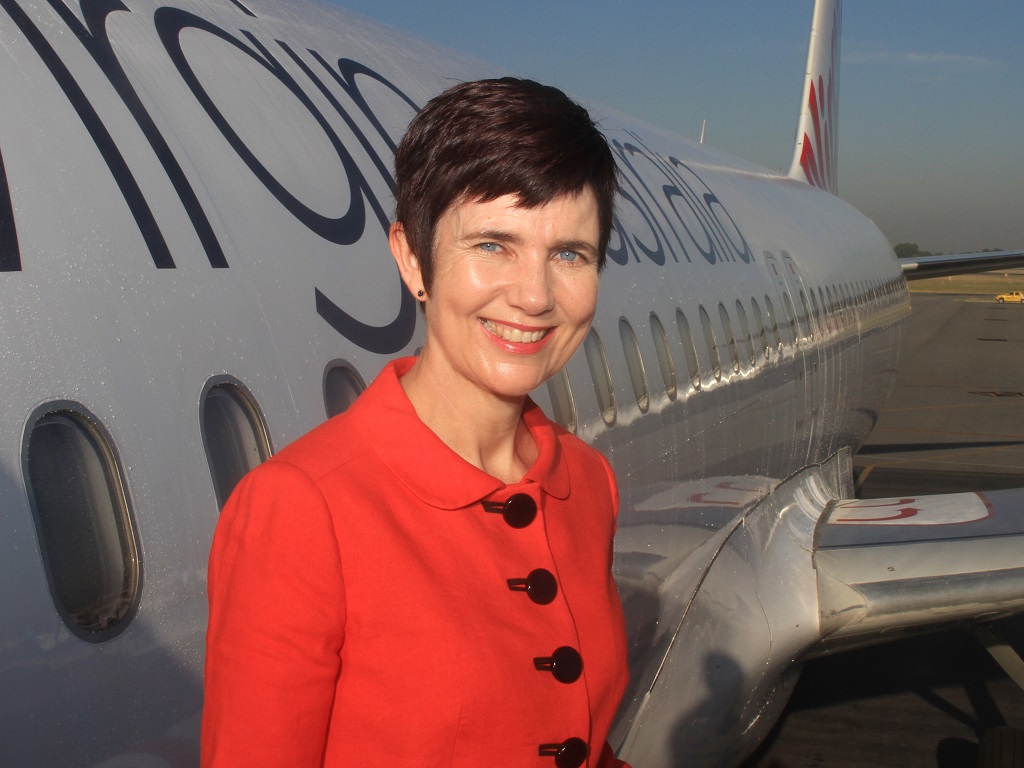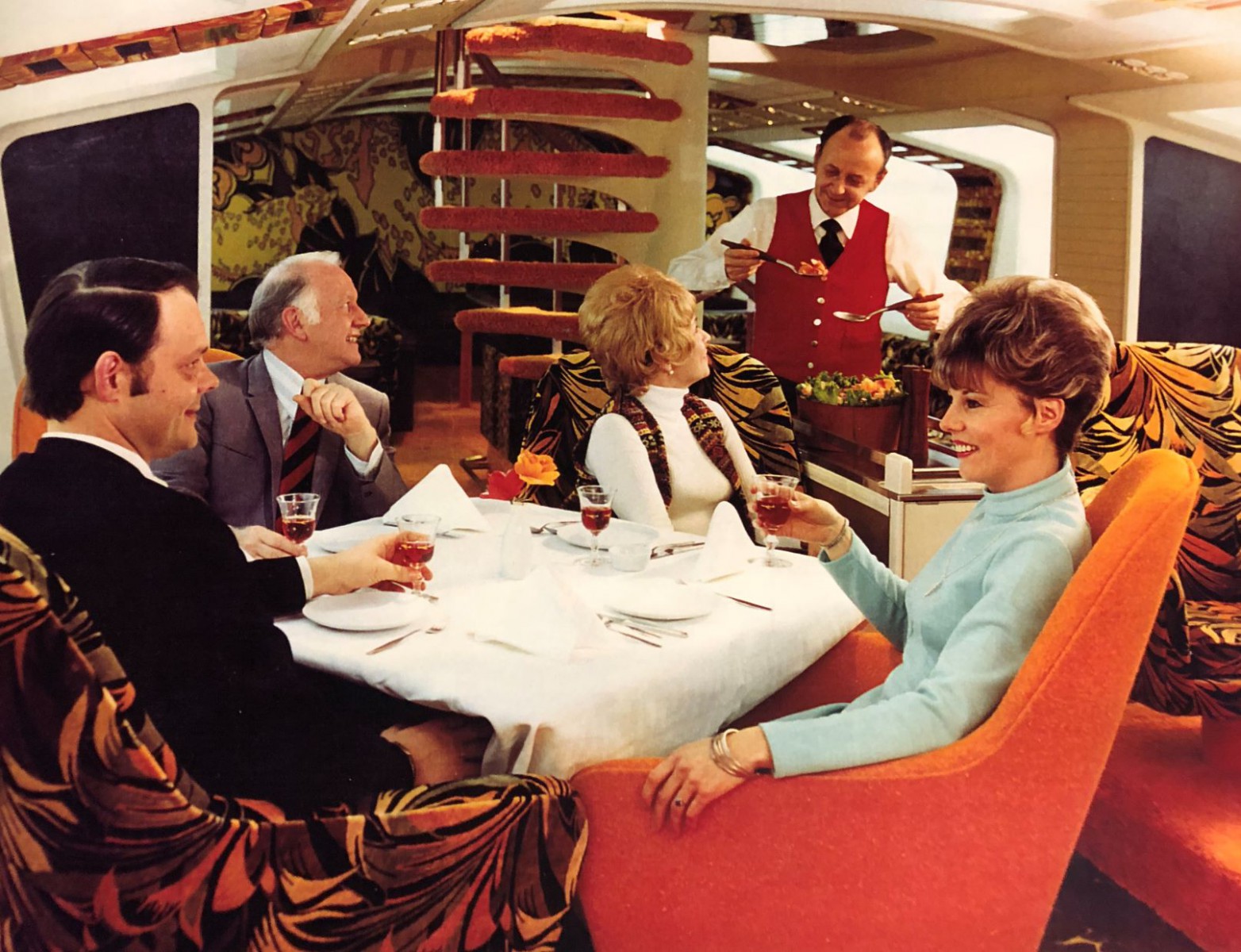Are budget airlines a rose by any other name?
07 August, 2018
5 min read


Budget airlines are called many things, some not repeatable in polite society, but Tigerair Australia chief executive Merren McArthur reckons “low-cost carrier” should not be one of them.
McArthur believes LCCs remain at the leading edge of innovation in the aviation industry and need to shrug off the perception they are poor quality.
She conceded she was surprised at the reaction during a dinner with her brother and a friend to her view that term low-cost carrier did not have to mean “cheap and nasty”.
“And they were gob-smacked,’’ she told a recent CAPA aviation and corporate travel summit in Sydney. “They said, ‘Well if it’s not cheap and nasty what is it?”.
“I was really surprised by this response because I see low-cost carriers as the disruptors and innovators of the aviation industry and that’s what excites me about leading Tigerair.
“So I started to reflect on why my perception and their perception was so different and, in fact, it’s really obvious. The very fact we call ourselves low-cost carriers messages to consumers that we are cheap and nasty.
“Can you imagine a discount retail store or hotel chain marketing themselves as low-cost?
“No, because consumers aren’t interested in the operating costs of the business, they’re interested in the value, quality and price of the products and services that they deliver.”
Noting she was not a marketer, McArthur put forward several ideas for replacement names including “the disruptive airlines”, “the innovative airlines”, “the full choice airlines” or “airlines of choice”.
READ: Virgin still pondering Tigerair Tasman deployment
McArthur was appointed to head Tigerair earlier this year and has been with the Virgin Australia Group since 2008, holding a number of key executive positions.
Prior to joining Virgin, she held executive roles in a variety of industries, including as an executive partner at a national law firm, deputy state solicitor of Western Australia and chief advisor for Rio Tinto Iron Ore.
She said that from humble beginnings back in 1949 with the start of Pacific Southwest Airlines, LCC’s had come a long way.
“And with that growth, the LCC model has adapted and evolved into a very diverse range of customer products and experiences, many which are a far cry from the cheap and nasty version of the LCC,'' she said.
“At one end of the spectrum, you have Ryanair, who proudly flaunts the cheap and nasty label with controversial publicity stunts such as “pay a pound to spend a penny”.
“At the other end of the spectrum, we have LCCs offering products more aligned with their legacy competitors such as lounges, business class and loyalty programs as well as high-tech innovation such as Tigerair’s chatbot Toby.’’
The Tigerair boss said one thing all LCCs still had in common was that they continued to challenge the status quo-- avoiding legacy systems, procedures and culture.
“They seek to stimulate air travel by offering new products and routes, new customer experience and greater value and choice.
“They’ve commoditized the experience as well as the seat, offering products such as priority boarding and extra legroom.
”Another great example of this is Tigerair’s unique Cabin Plus product which enables passengers to pay extra for 12 kilos of carry-on luggage which has been so popular and successful that I understand our competitor may be replicating this product.’’
Irrespective of the title, McArthur said LCC’s continued to be at the leading edge of innovation and were well positioned to capitalize on a new wave of technology.
“This revolution is redefining the way in which consumers are choosing to engage with the marketplace,’’ she said. “It is giving them the power to choose and customize their own product and services.’’
She said businesses fell into three categories: legacy, adopters and disruptors who introduced products and services before their customers knew they even wanted them. This latter category included Apple, Uber and Amazon.
While the ultimate goal would be to move into the disruptor category, she believed there was still a way to go before aviation could consider itself to be fully established in the adopter category.
“LCCs are well placed to capitalize on this revolution,’’ she said. “They are less bound by legacy systems and processes, they have an agile, innovation-driven culture. They’re always looking for ways to do more with less and offer more for less.
“These factors naturally drive LCCs towards digital rather than traditional marketing and product.”
Tigerair was punching above its weight digitally but there were still opportunities, McArthur said.
“At the moment the industry focus tends to be on digital marketing but I believe there’s an even bigger opportunity towards expanded digital solutions to the full customer experience.
“We need to break down the traditional barriers between operations and commercial, focus on how every part of the business can interact better with or for the customer.’’
Get the latest news and updates straight to your inbox
No spam, no hassle, no fuss, just airline news direct to you.
By joining our newsletter, you agree to our Privacy Policy
Find us on social media
Comments
No comments yet, be the first to write one.

